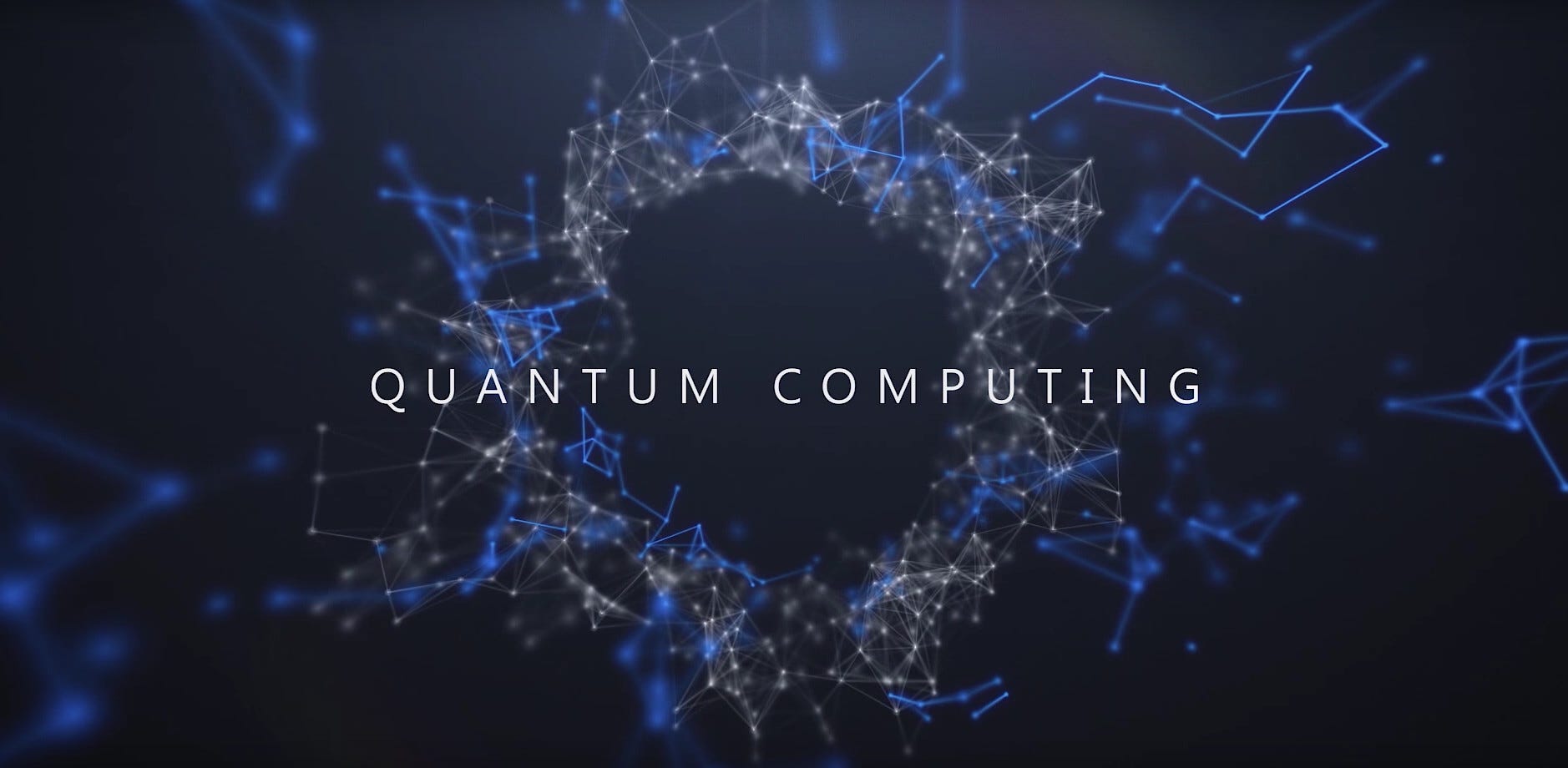Is Quantum Computing the Next Trillion-Dollar Industry?

check it out below!
What is Quantum Computing?
Think of it as a way of using principles of atoms instead of the ones used for mechanics in day to day life in order to provide better performance and usage.

So, figuring out a new way to compute things has long been a major area of study. Today, we’re on the cusp of two architectures that can fill the gap.
Why are Quantum Computers Better?
Quantum computers can solve problems that would take infinitely long in a classical computer thing such as modeling the brain and modeling weather systems etc.

This makes it possible to store and manipulate vast amounts of information with a relatively small amount of particles.
So what is a qubit made from?
In quantum computing, operations instead use the quantum state of an object to produce what's known as a qubit. These states are the undefined properties of an object before they've been detected, such as the spin of an electron or the polarization of a photon.
Rather than having a clear position, unmeasured quantum states occur in a mixed 'superposition', not unlike a coin spinning through the air before it lands in your hand.
These superpositions can be entangled with those of other objects, meaning their final outcomes will be mathematically related even if we don't know yet what they are.

The complex mathematics behind these unsettled states of entangled 'spinning coins' can be plugged into special algorithms to make short work of problems that would take a classical computer a long time to work out... if they could ever calculate them at all.
Such algorithms would be useful in solving complex mathematical problems, producing hard-to-break security codes, or predicting multiple particle interactions in chemical reactions.
In the end,
All of the above leaves us in a place where there can be some tremendous technological changes in the future of computers and quantum computing.
There might be so many fields where this advancement can be used, like cloud computing, cell visualization, and so on!
Recently, the neuralink demo was released. This technology needs high cloud computing power in order to be able to understand human brains and visualize it this is where it can be used. Frankly speaking, the future advancement of neuralink might also be dependent on quantum computers.
After reading this article, I am pretty sure there must be a few questions in your mind. We are here to answer those questions! Just comment below!

0 Comments